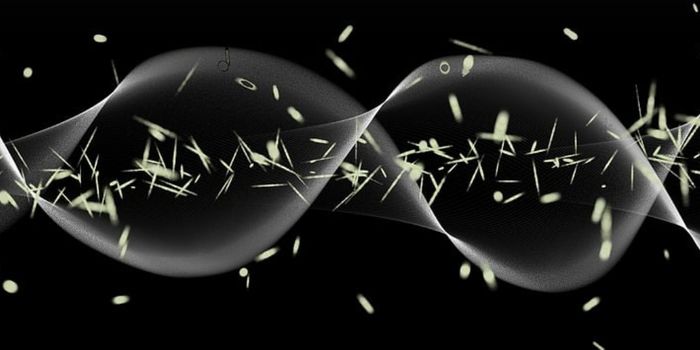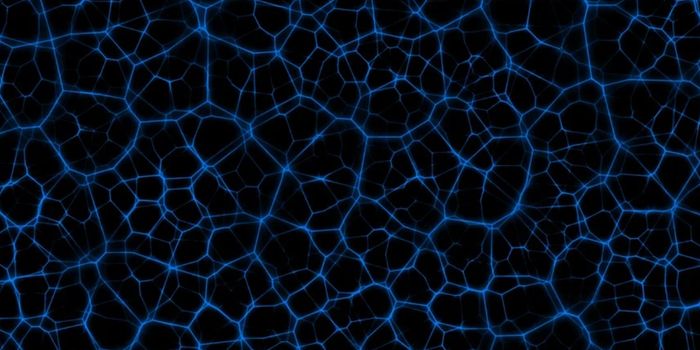Astrocytes are Linked to Obsessive-Complusive Disorder
Astrocytes are a type of cell in the brain that were long known to provide crucial support to neurons. But in recent years, scientists have found that astrocytes have other critical functions. A new study reported in Nature has suggested that astrocytes have a major influence on behaviors that are related to obsessive-compulsive disorder (OCD). The researchers were quite surprised by this finding, because they had set out to investigate the interactions between neurons and astrocytes and weren't expecting to find this link.
A protein that is expressed in astrocytes in mice was also linked to OCD and repetitive behaviors in mice. The study authors suggested that it may be now be possible to identify new treatments for OCD, although the mechanisms of the disorder are still not completely understood.
It's been thought that a decision-making and motor control center in the brain called the striatum is involved in OCD. In this research, the study authors were focused on that region. They analyzed the proteins that were being expressed in both neurons and astrocytes, and determined that a protein called SAPAP3, which has been shown to be related to OCD, was expressed in both cell types.
A genetically modified mouse model that lacks SAPAP3 exhibits OCD-like behaviors. In this study, the researchers stopped those behaviors by adding the SAPAP3 protein back to the neurons and astrocytes of these mice. Compulsive grooming, for example, was prevented when the SAPAP3 protein was again available to astrocytes and neurons, which may indicate that these cell types could be targeted for treating compulsive behaviors in humans. Anxiety behaviors in the mouse model, however, were only relieved when SAPAP3 was added to neurons, so astrocytes may not be good targets for anxiety treatments with OCD.
We can gain a lot of insight into cell function by assessing the proteins that are active in that cell. "We really have to look at the proteins because they are very complex and diverse," said study co-author Joselyn Soto, a UCLA graduate student.
Astrocytes and neurons are both very important types of cells, and one type won't work without the other one, Soto said. "We really wanted to understand how these multicellular interactions within this brain region give rise to these complex behaviors, including compulsion and anxiety."
More research will be needed to understand the physiology of astrocytes and how they are related to OCD, but this research has shown how the pursuit of basic questions in biology can provide unexpected insights into crucial areas, noted corresponding study author Baljit Khakh, a professor at the David Geffen School of Medicine at UCLA. "Now we could expand our research in this area to cover additional mechanisms and cells."
OCD is estimated to affect about two to three percent of Americans, and people with OCD often engage in repetitive thoughts or actions. While there are treatments, such as psychotherapy or antidepressants, they are not effective for many people with OCD.
Sources: University of California Los Angeles (UCLA), Nature









